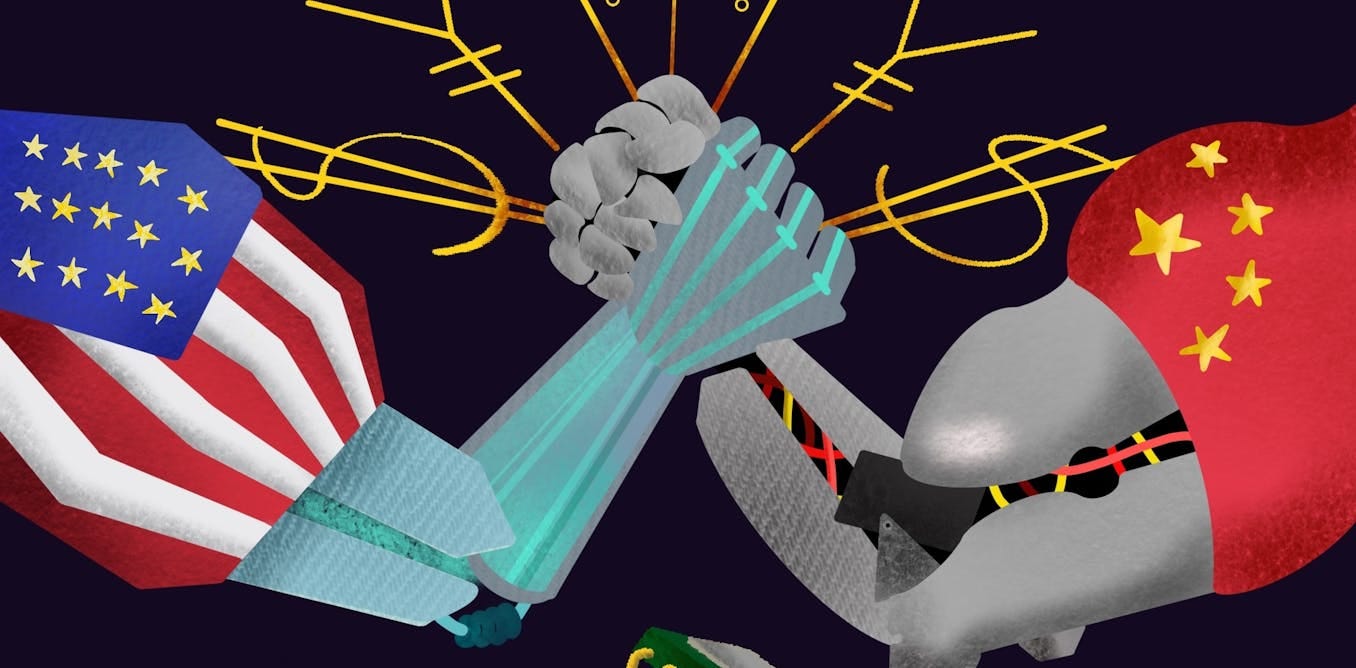AI and the Applications Arms Race
How automation is reshaping the hiring and admissions processes.
Hiring is undergoing a fundamental shift, and AI is at the center of it. Companies, overwhelmed by résumés, are turning to machine-learning tools for screening, scoring, and predicting candidate performance.
Mercor, one of the most hyped players in this space, recently raised at a $2 billion valuation, underscoring just how critical AI-driven hiring has become.
This shift isn’t just about efficiency—it’s about necessity. Job applications have hit all-time highs. UK graduates faced an average of 140 applications per job in 2024, a 59% increase from the prior year (FT). Automated screening, algorithmic assessments, and AI-powered applicant tracking systems aren’t just tools; they’re essential for hiring teams navigating unprecedented volume.
At the same time, career paths have become increasingly structured. Even at Brown, a historically liberal arts-focused school, students now treat recruiting as an all-consuming process—months of networking, technical prep, and interview rounds to secure internships a year and a half in advance. Alumni recall a time when this level of pre-professionalization was unthinkable.
AI isn’t just a tool for companies—it’s an equalizer for job seekers. Candidates leverage AI-powered résumé optimizers, ChatGPT-crafted cover letters, and automated interview coaching. Instead of researching a company’s values and crafting tailored applications, candidates can now refine their résumés using AI tools designed to bypass ATS filters. The result? A hiring process that rewards those who best game the algorithm, not necessarily those who are best suited for the job.
Companies like Coinbase and Linear recognize this dynamic and have introduced work trials and paid assessments to evaluate real skills. But these solutions don’t scale—companies still need an efficient way to sift through thousands of applicants before selecting candidates for trials. For now, the AI hiring arms race continues.
The same pattern is unfolding in college admissions, but with even more distortion. The rise of the Common App and test-optional policies has fueled a 30% increase in applications over the past five years (Common App). Admissions offices, overwhelmed by sheer volume, have begun using AI for initial screenings, essay analysis, and recommendation letter evaluations (Inside Higher Ed).
Meanwhile, students are responding in kind. ChatGPT-generated personal statements, optimized essays, and algorithmically fine-tuned applications are becoming standard practice. Just as in hiring, the question is no longer who is the best candidate—it’s who can best navigate the system. The issue with both hiring and college admissions isn’t AI itself—it’s that AI is being used to optimize broken systems. Hiring still leans on résumés, a flawed proxy for ability, while admissions officers still cling to subjective essays and extracurriculars that don’t necessarily predict success.
Imagine if colleges actually tracked student performance against their application profiles. What traits correlate with long-term success? Instead, the admissions process remains static, failing to close the feedback loop. Research suggests data analytics could refine selection criteria, but few universities act on this. The traditional argument is that diverse backgrounds foster meaningful discourse, but even seemingly unique characteristics could likely be distilled into quantifiable traits from previous students.
AI is reshaping hiring and admissions, but not in the way many had hoped. Instead of fostering meritocracy, it has turned both into high-stakes optimization problems. The winners aren’t necessarily the best candidates—they’re the ones who can best exploit AI-driven processes. If companies and universities want to fix this, they need to rethink selection criteria from the ground up. Work trials and case studies are steps in the right direction, but their lack of scalability remains a challenge. Perhaps a new contractual hiring paradigm or the return of standardized tests will emerge—but for now, the future remains uncertain.



